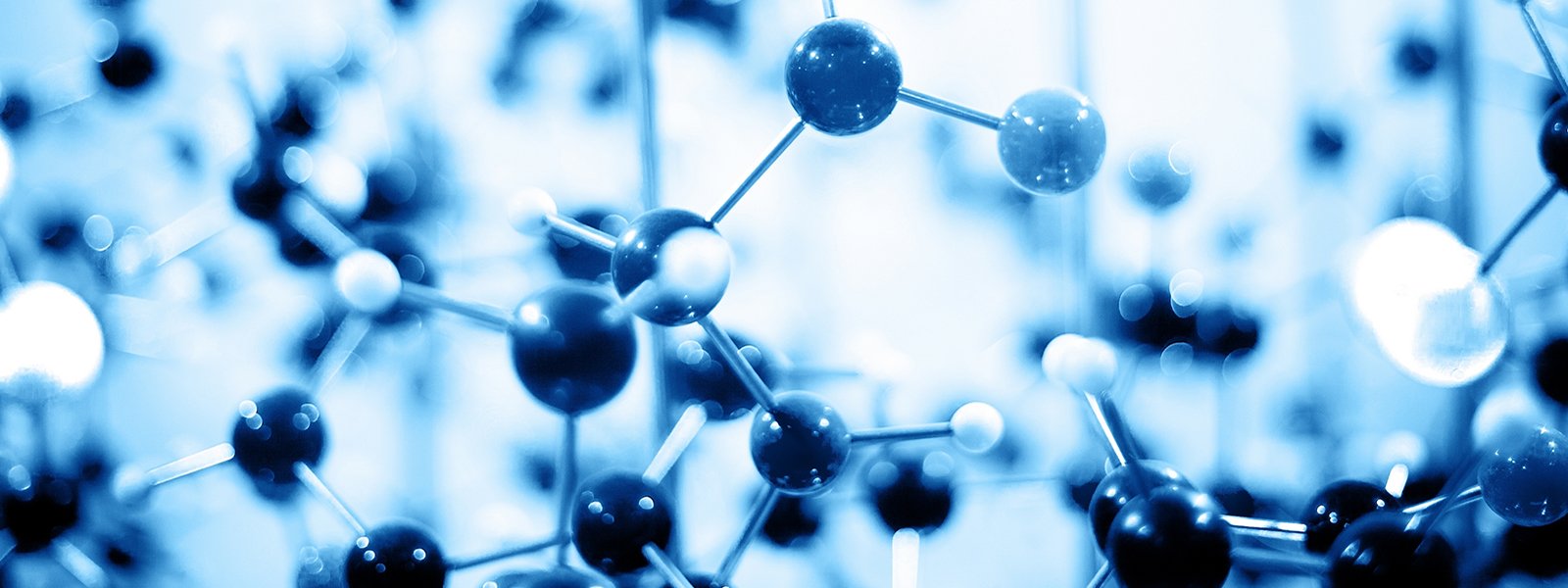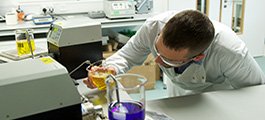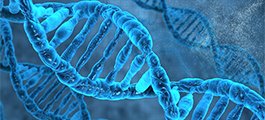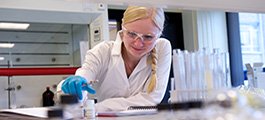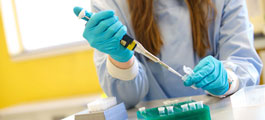Research in bionanotechnology and analytical chemistry is broad-ranging.
Our bionanotechnology research is focused on the application of nanoscience to solve biological problems, most notably with applications in healthcare. We have expertise in:
- plasmonic sensors
- surface enhanced Raman scattering (SERS)
- Raman and advanced Raman imaging (SRS, CARS)
- nanomedicine and drug delivery
- self-assembly, peptidomimics, and other bioinspired materials
- new chemiluminescence approaches to biological measurements
Our analytical research is focussed on advances in measurements and data analysis for process analytical chemistry, environmental chemistry and conservation science. We have expertise in:
- atomic and molecular spectrometry
- chemometrics
- chromatography
- nanomaterials and surface analysis
- optical spectroscopies
- acoustic emission
- nuclear magnetic resonance
Our specific skills lie in:
- accurate analytical measurement of molecules
- developing new instrumentation and techniques
- development of bioanalytical assays and chemical reagents for use in rapid and highly sensitive detection approaches
| Staff members | Research interests |
|---|---|
| Professor Damion Corrigan |
|
| Dr Christine M. Davidson |
|
| Dr Lynn Dennany |
|
| Professor Karen Faulds |
|
| Dr Ying Fu |
|
| Dr Lorraine T. Gibson |
|
| Professor Duncan Graham |
|
| Professor Clare Hoskins |
|
| Dr K. H. Aaron Lau |
|
|
|
| Professor Alison Nordon |
|
| Dr Binoy Paulose |
|
| Dr Alastair W. Wark |
|
